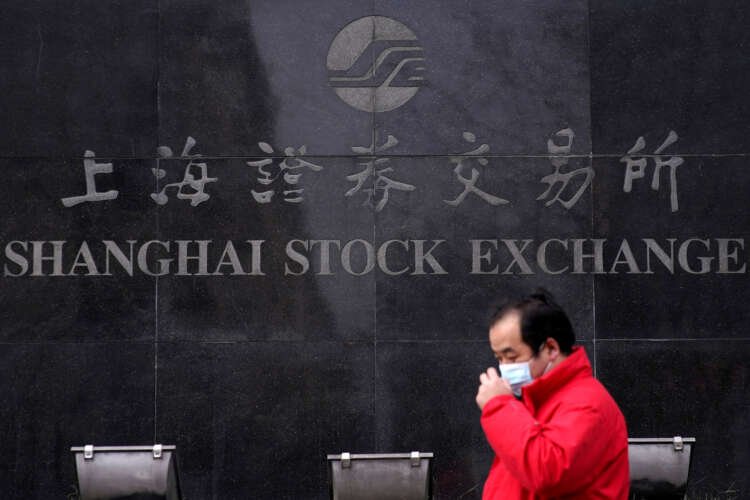Investing
Asian shares dragged by vaccination lag, Wall St fares better
Published by maria gbaf
Posted on July 23, 2021
1 min readLast updated: January 21, 2026

Published by maria gbaf
Posted on July 23, 2021
1 min readLast updated: January 21, 2026

Explore more articles in the Investing category











